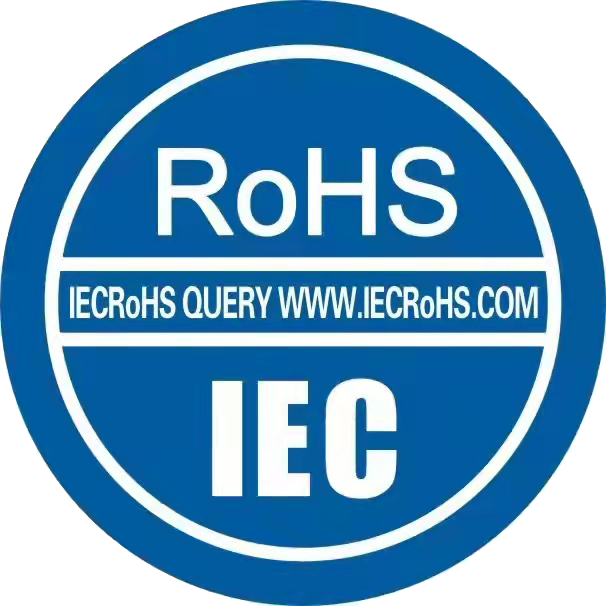SGS TÜV Saar Certificate: A Comprehensive Guide to Quality and Safety Certification
In today’s competitive global market, ensuring product quality, safety, and compliance with international standards is paramount. One of the most recognized certifications in this realm is the SGS TÜV Saar Certificate, a hallmark of excellence and reliability. This article delves into the significance of this certification, its benefits, and how it can enhance your business’s credibility.
What Is the SGS TÜV Saar Certificate?
The SGS TÜV Saar Certificate is a prestigious accreditation issued by SGS in collaboration with TÜV Saarland, a renowned German testing and certification body. This certification validates that a product, service, or system meets stringent quality, safety, and performance standards. It is widely recognized across industries, including automotive, electronics, and consumer goods, as a symbol of trust and compliance.
Why Is the SGS TÜV Saar Certificate Important?
Obtaining the SGS TÜV Saar Certificate demonstrates a commitment to excellence and adherence to global standards. For businesses, this certification can open doors to new markets, enhance brand reputation, and build customer trust. For consumers, it serves as an assurance that the products they purchase are safe, reliable, and of high quality.
Key Benefits of the SGS TÜV Saar Certificate
The SGS TÜV Saar Certificate offers numerous advantages, including improved marketability, regulatory compliance, and risk mitigation. Companies with this certification often gain a competitive edge, as it signals to stakeholders that their products have undergone rigorous testing and meet international benchmarks.
Industries That Benefit from SGS TÜV Saar Certification
From automotive and aerospace to electronics and healthcare, the SGS TÜV Saar Certificate is applicable across a wide range of sectors. Industries that prioritize safety, quality, and environmental sustainability particularly benefit from this certification, as it aligns with global best practices.
How to Obtain the SGS TÜV Saar Certificate
The process of obtaining the SGS TÜV Saar Certificate involves several steps, including application submission, product testing, and compliance assessment. SGS and TÜV Saarland work closely with businesses to ensure a smooth and efficient certification process, tailored to their specific needs.
SGS: A Global Leader in Testing, Inspection, and Certification
SGS (Société Générale de Surveillance) is the world’s leading inspection, verification, testing, and certification company. Founded in 1878, SGS operates in over 140 countries, providing services that ensure quality, safety, and sustainability across industries. With a reputation for integrity and professionalism, SGS is a trusted partner for businesses worldwide.
TÜV Saarland: A Trusted Name in Certification
TÜV Saarland is a German certification body known for its rigorous testing and evaluation processes. As part of the TÜV network, it specializes in safety, quality, and environmental certifications. Collaborating with SGS, TÜV Saarland brings its expertise to the SGS TÜV Saar Certificate, ensuring it meets the highest standards.
Other Prominent Certification Bodies
In addition to SGS and TÜV Saarland, other notable certification bodies include Bureau Veritas, Intertek, and DNV. These organizations also provide testing, inspection, and certification services, helping businesses meet regulatory requirements and industry standards.
Conclusion
The SGS TÜV Saar Certificate is a powerful tool for businesses seeking to validate their products’ quality and safety. By partnering with SGS and TÜV Saarland, companies can enhance their market presence, build consumer trust, and achieve compliance with international standards. Whether you’re in manufacturing, retail, or services, this certification can be a game-changer for your business.
Disclaimer
This article is for informational purposes only and does not constitute professional advice. SGS, the author, and the publishing platform are not responsible for any actions taken based on the information provided herein. Readers are encouraged to consult with certified professionals for specific guidance related to the SGS TÜV Saar Certificate.

